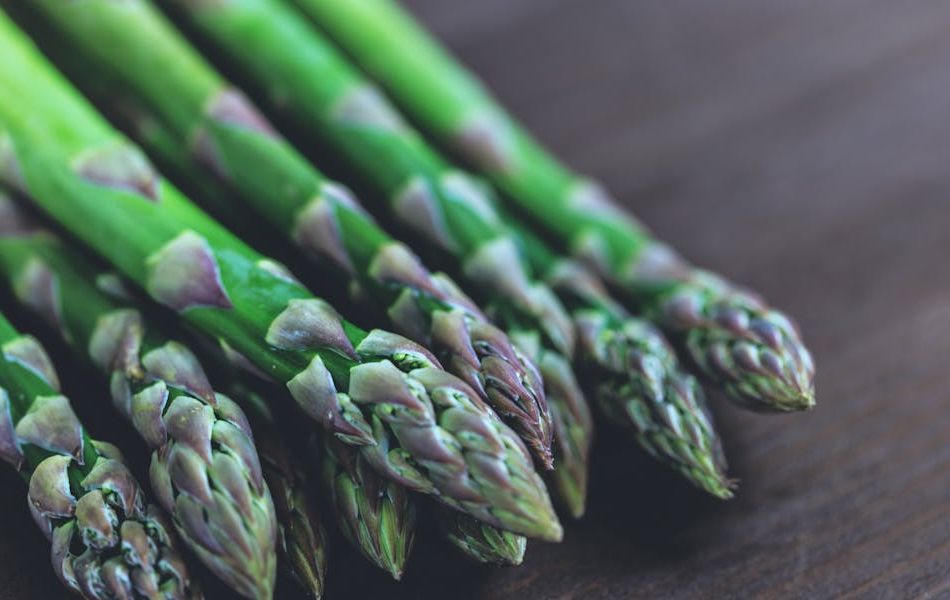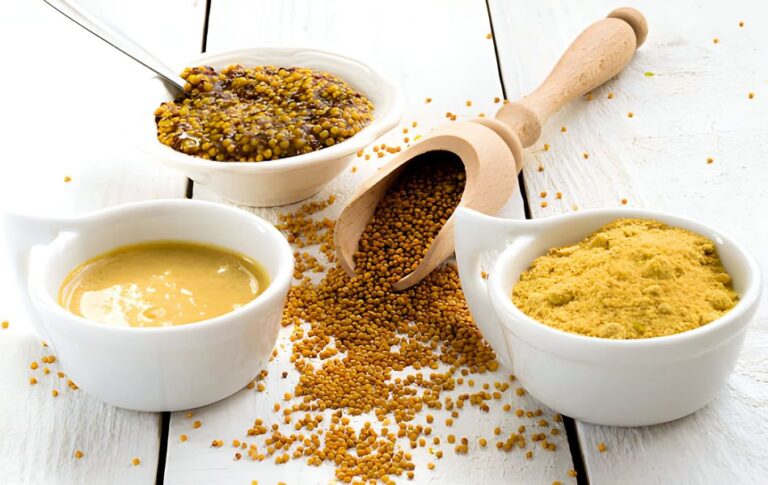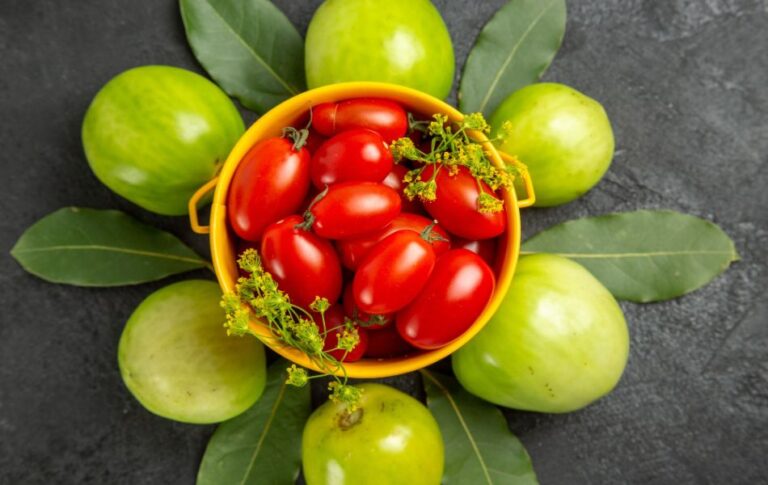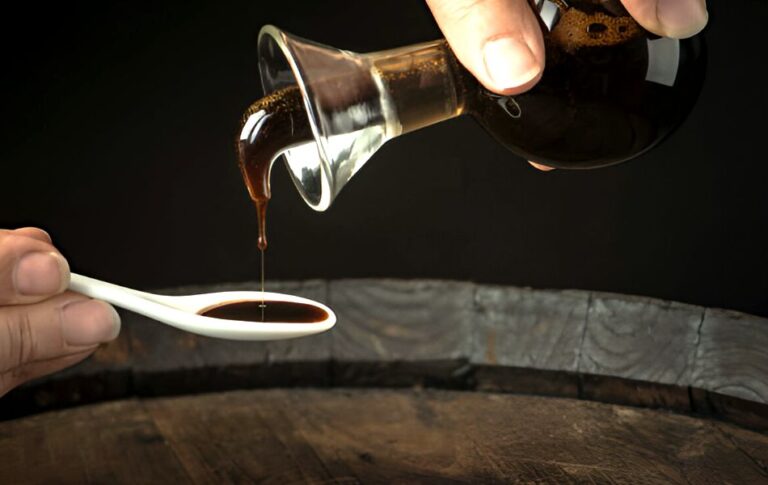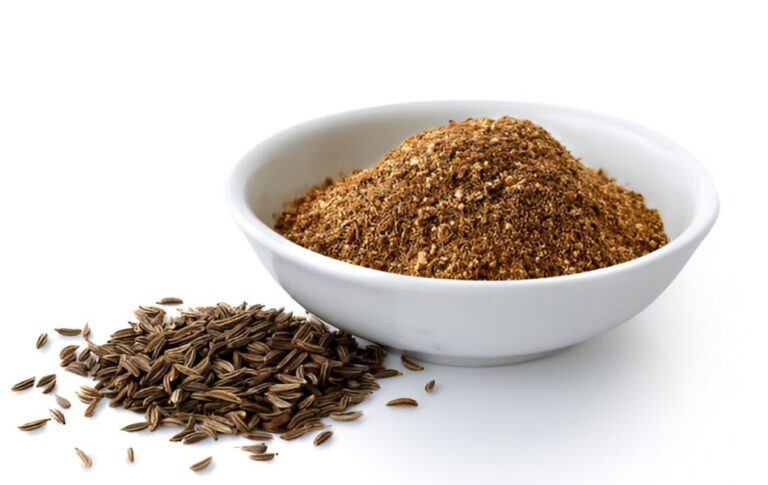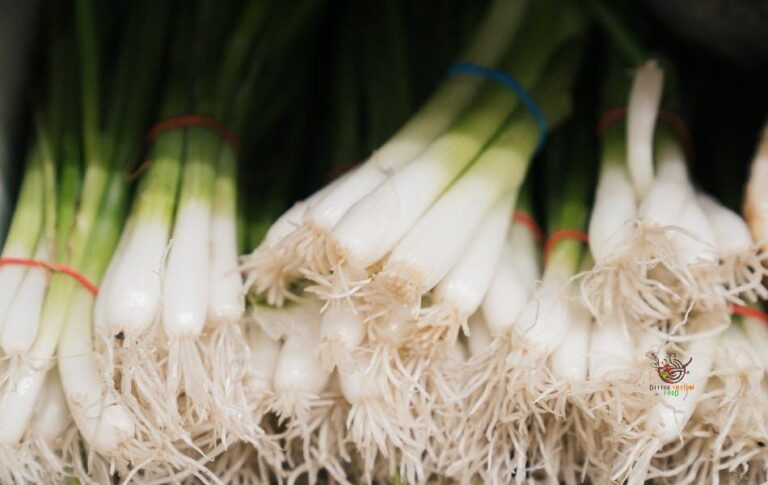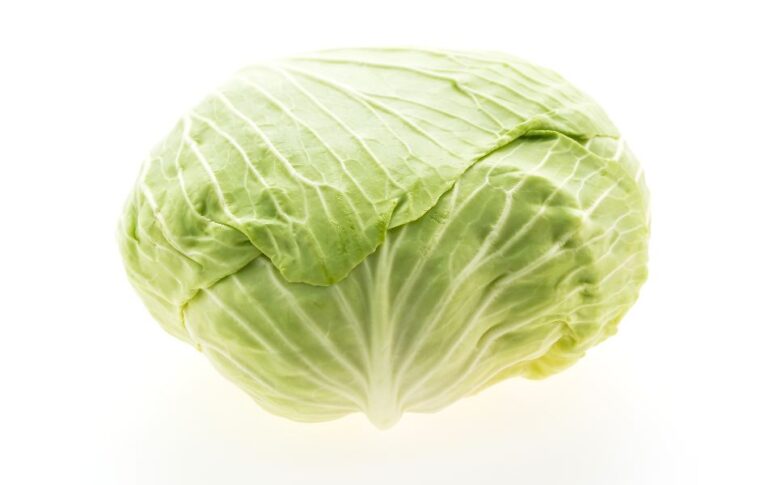Finding the Best Asparagus Substitutes
Have you ever tried replacing asparagus in a dish only to find that it lacked the usual flair? Don’t worry – we’ve got you covered. Discovering the ideal substitute can feel like navigating a maze in a grocery store. But after tasting various alternatives, from the crisp bite of green beans to the earthy flavor of leeks, we’ve narrowed down the best options.
At our dinner tables, we’ve experimented with a variety of ingredients. Whether broccoli felt too broccoli-like or peas added an unexpected sweetness, we’ve been through it all. Now, we’re excited to share some fantastic asparagus substitutes that will not only keep your dishes delightful but also inspire your culinary creativity.
What is Asparagus?
Asparagus is a springtime vegetable that grows in spear-like shapes and belongs to the Asparagaceae family. It has a savory taste with a hint of mild bitterness. Its season is relatively short, typically from late spring to early summer, depending on the location. You might need an alternative when asparagus is out of season.
If you’re considering growing asparagus, it’s relatively easy! You can grow asparagus from crowns or seeds; each plant lasts up to twenty years.
Health Benefits of Asparagus
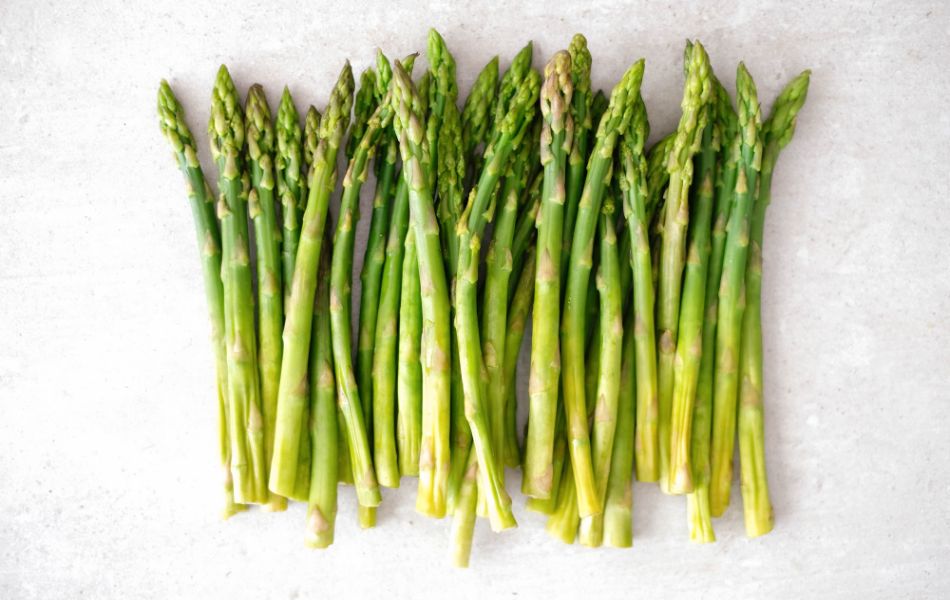
Asparagus is not just a flavorful addition to your dishes, it’s also a nutritional powerhouse. Packed with folate, antioxidants like vitamins C and E, flavonoids, and polyphenols, it’s a great source of fiber. If you’re on a low-histamine diet, asparagus might interest you because it contains quercetin, a flavonoid studied for its potential anti-inflammatory properties.
Exploring Different Types of Asparagus
Asparagus comes in four main types, each offering a unique taste and texture that’s worth exploring:
- Green Asparagus: The most popular variety, known for its slightly bitter, grassy flavor and firm yet tender texture.
- White Asparagus: Grown underground to maintain its pale color, this variety has a milder, more delicate taste and smooth texture.
- Purple Asparagus: A visually striking type with a sweet, fruity flavor and a tender, crisp texture.
- Wild Asparagus: Found in the wild, this variety has a robust, herbaceous flavor.
Asparagus Substitutes: What to Use and When
When asparagus is off the menu, plenty of other green vegetables can step in and shine. Let’s take a closer look at some top alternatives:
1. Green Peas
Though technically a legume, green peas work well as an asparagus substitute. They offer a similar fiber content and are rich in vitamins A and C. Green peas are perfect for spring dishes and are easily found in the frozen aisle. They can be enjoyed alongside mashed potatoes, macaroni and cheese, or steamed with butter and salt.
2. Green Beans
These beans bring a comparable crunch and vibrant color to dishes, making them a great stand-in for asparagus. Green beans seamlessly blend into various recipes, whether tossed into salads, stir-fries, or casseroles. Use them in a 1:1 ratio to replace asparagus, and you’ll hardly notice the difference.
3. Broccoli and Broccolini
Both broccoli and its tender cousin, broccolini, are excellent asparagus substitutes. They share a similar slightly bitter taste and can be enjoyed steamed, roasted, or added to salads and soups. Broccoli is exceptionally versatile and available year-round.
4. Green Bell Peppers
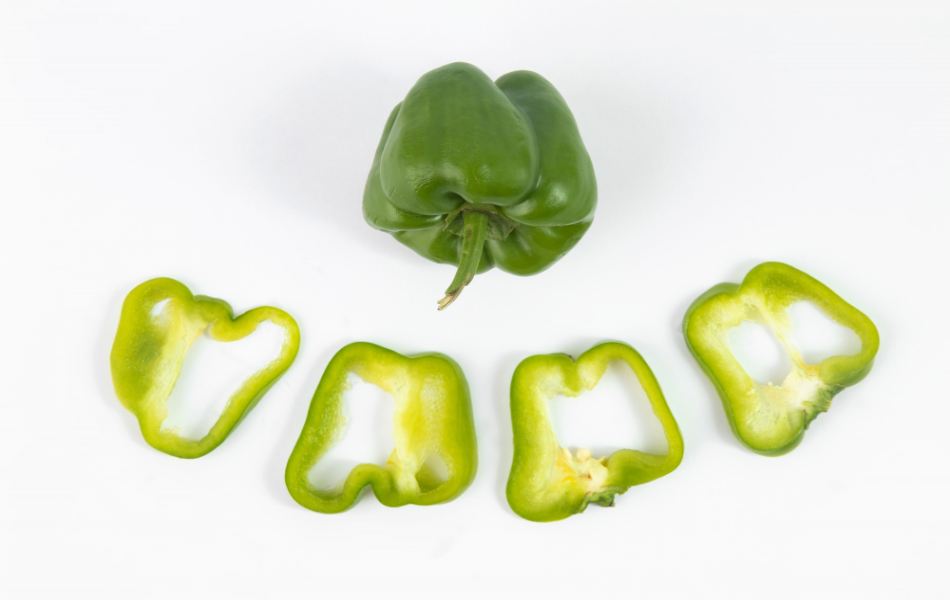
Green bell peppers offer a slightly bitter flavor, especially when raw. They are another good alternative. They can be used in salads, stir-fries, or grilled, adding flavor and color to your meals.
5. Leafy Greens
Spinach, kale, bok choy, and Swiss chard can all replace asparagus in various dishes. Leafy greens are a nutritious and versatile option, whether sautéed, mixed into pasta or served as a side.
6. Fiddlehead Ferns
These springtime delicacies have a grassy, nutty flavor that pairs well with various dishes. However, they must be cooked before eating, making them a unique, though seasonal, substitute.
7. Sugar Snap Peas
With their crisp texture and slightly sweet taste, sugar snap peas are a fantastic option for adding bulk to dishes. They work exceptionally well in stir-fries, salads, and as a fresh snack.
8. Hearts of Palm
Hearts of palm offer a tender, meaty texture similar to cooked asparagus. They’re versatile and can be used in salads, slaws, pasta, or even as a vegetarian “crab cake” base.
9. Brussels Sprouts
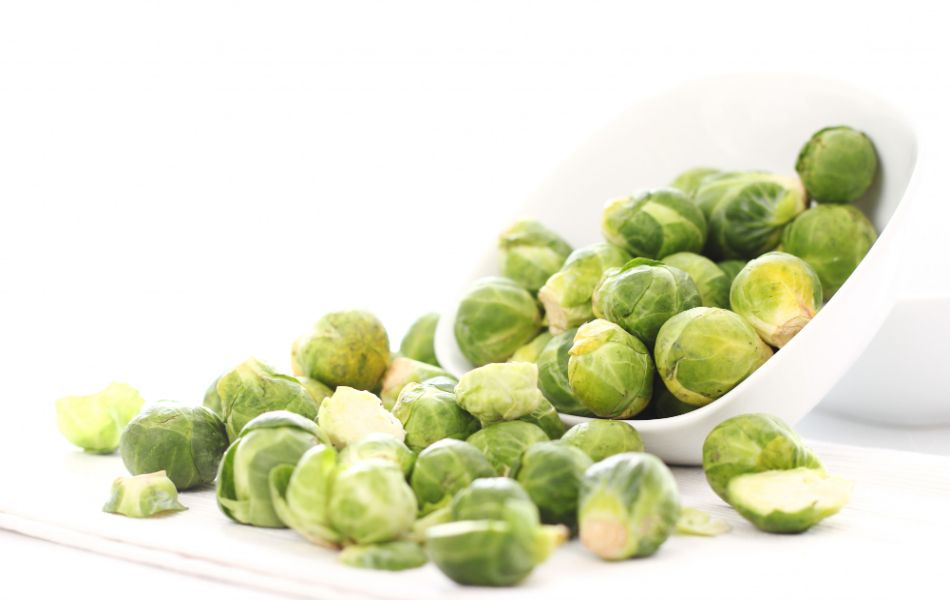
Often compared to mini cabbages, Brussels sprouts have a slightly bitter taste similar to asparagus. They’re packed with nutrients and pair well with various flavors like bacon, walnuts, and hard cheeses.
10. Zucchini
This summer vegetable is a versatile substitute for asparagus. Zucchini can be sautéed, fried, or roasted, and it’s mild enough to be used in both savory and sweet dishes.
11. Leeks
Leeks are mild-flavored vegetables in the onion family and make a flavorful substitute for asparagus. They are great in soups, stews, or as a side dish, adding a subtle, savory taste.
12. Romaine Lettuce
Though it looks different, it has a slightly bitter taste similar to asparagus. It’s delicious in salads or lightly cooked as a side dish, offering a fresh, crisp bite.
13. Mushrooms
Their earthy and umami-rich flavor can add depth to dishes. They’re perfect for sautéing, grilling, or adding to soups and stews.
Choosing the Right Substitute
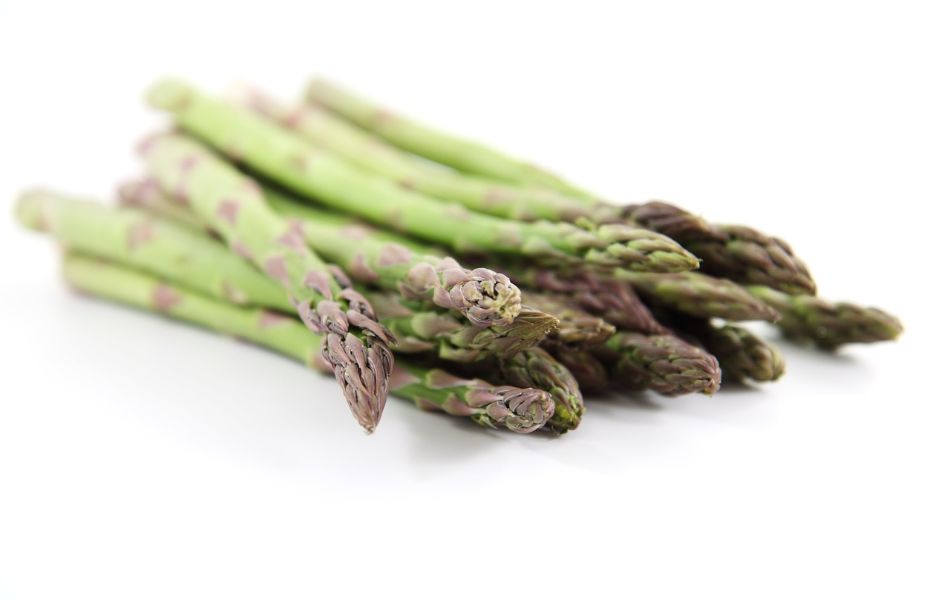
When selecting a substitute for asparagus, consider the dish you’re making and whether you enjoy the flavor of asparagus. If you like asparagus and it’s in season, white asparagus is a great choice. For out-of-season options, consider frozen or canned asparagus. Zucchini, green peas, or leafy greens are excellent alternatives if you prefer something other than asparagus.
Frequently Asked Questions
Can you eat asparagus raw?
Yes, fresh asparagus can be eaten raw, especially in salads. Trim the woody ends and slice finely or shave into ribbons using a vegetable peeler.
When is asparagus in season?
Asparagus is a classic spring vegetable, typically in season from March to May, though it can be found year-round.
What’s a good substitute for asparagus in risotto?
Broccoli and leeks both work well as substitutes in risotto recipes.
See Also – Swap It Out: 11 Best Substitutes for Leeks
Conclusion
Understanding the characteristics of each substitute allows you to create delicious dishes even when asparagus isn’t available. Whether preparing a crunchy side, a tender main course, or enhancing a soup or salad, there’s a perfect asparagus substitute for every recipe.

